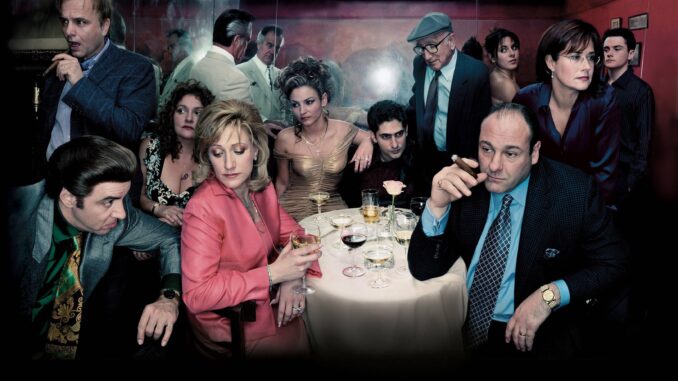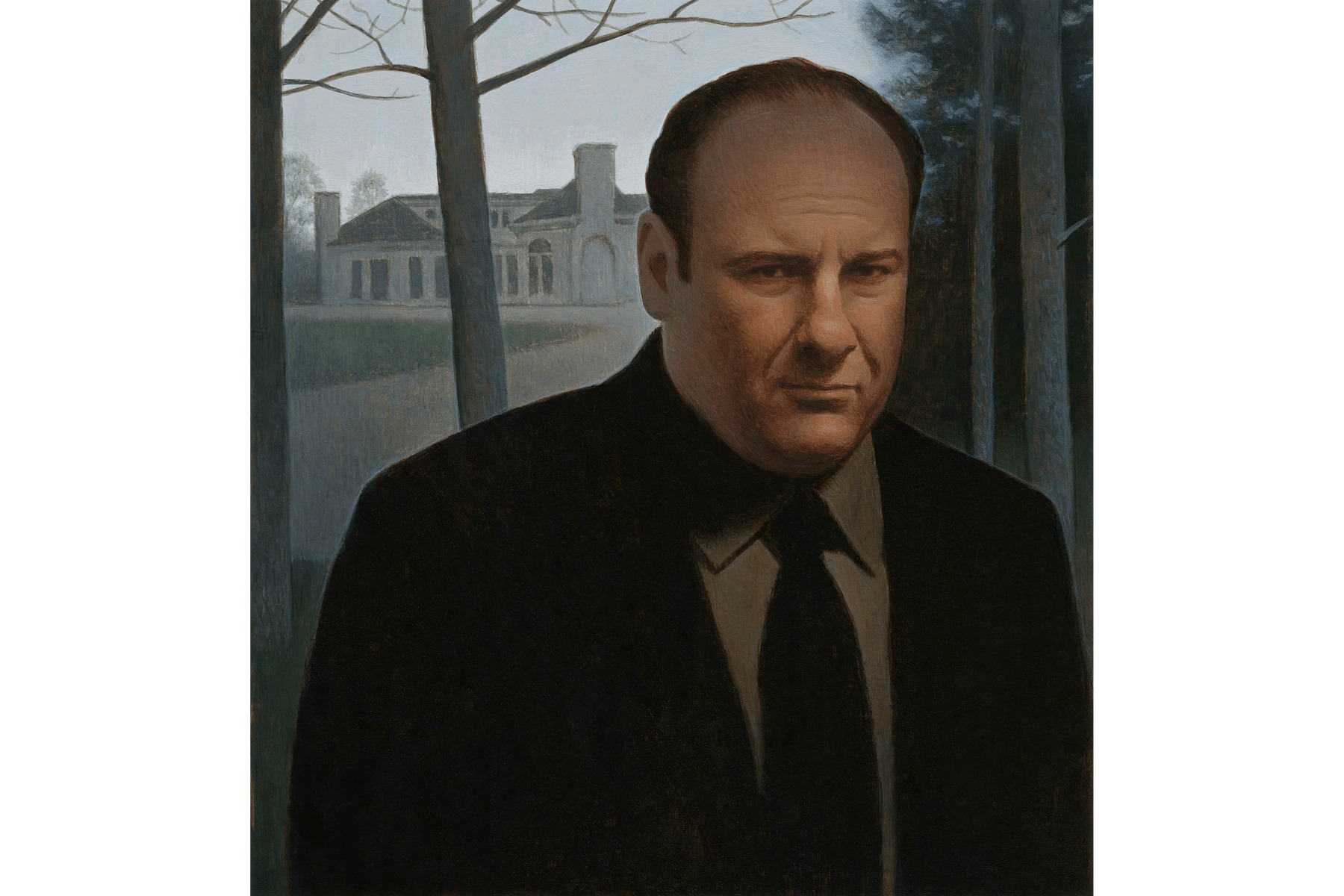
Twenty-five years ago, on January 10, 1999, a mob boss walked into a psychiatrist’s office and changed television forever. “The Sopranos,” created by David Chase, debuted on HBO and ushered in a new era of prestige television. The show’s unflinching portrayal of Tony Soprano, a New Jersey mobster battling panic attacks and familial dysfunction, resonated with audiences and critics alike, earning it widespread acclaim, numerous awards, and a lasting cultural impact.
This anniversary has sparked a wave of retrospectives, interviews, and renewed debate surrounding the show’s complex characters, ambiguous ending, and enduring relevance. Fans are rewatching the series, dissecting its themes of identity, morality, and the American dream. The show’s influence can be seen in countless subsequent series, from “Mad Men” and “Breaking Bad” to “Succession” and “Mare of Easttown,” all of which owe a debt to “The Sopranos” in their character-driven narratives and morally grey protagonists.
Beyond the nostalgic rewatch, the 25th anniversary has also reignited questions surrounding the show’s unresolved mysteries. Most prominently, the infamous cut-to-black ending remains a subject of fervent debate. Was Tony killed in Holsten’s? Did he survive? Or, as Chase has suggested, is the point that the possibility of violence always looms for someone in his position?
Adding fuel to the fire, recent interviews with cast and crew have offered intriguing new insights into the show’s creative process and the motivations behind certain plot choices. For example, in a recent podcast appearance, Michael Imperioli, who played Christopher Moltisanti, revealed that he initially resisted certain aspects of his character’s arc, particularly Christopher’s descent into drug addiction. He admitted that David Chase had to convince him that it was crucial for the character’s development and the overall narrative.

The prequel film, “The Many Saints of Newark,” released in 2021, provided a glimpse into Tony’s formative years and further explored the complex relationships within the Soprano crime family. While the film received mixed reviews, it did offer some closure on the fate of Dickie Moltisanti, a pivotal figure in Tony’s life.
However, the lingering questions remain, and the ambiguity of “The Sopranos” continues to captivate audiences a quarter of a century later. To delve deeper into the ongoing legacy of the show, we’ve compiled a Q&A with prominent television critics and cultural commentators.
Q&A: “The Sopranos” 25th Anniversary Reflections
Q: Why does “The Sopranos” still resonate with audiences 25 years later?
A (Dr. Anna Keating, Television Critic): “The Sopranos” was groundbreaking in its exploration of the human condition through the lens of organized crime. Tony Soprano, despite being a mob boss, was relatable in his struggles with anxiety, family, and existential angst. This blend of the ordinary and the extraordinary is what continues to resonate. We see ourselves, our flaws, and our desires reflected in these characters, even if their circumstances are vastly different from our own.
Q: What is the lasting legacy of the show in terms of television storytelling?
A (Professor Mark Jenkins, Media Studies): “The Sopranos” shattered the traditional episodic format and embraced complex, serialized storytelling. It demonstrated that audiences were willing to invest in morally ambiguous characters and narratives that didn’t offer easy answers. It paved the way for a wave of prestige television that prioritized character development, nuanced writing, and cinematic production values. The show’s influence is undeniable, and its DNA can be found in many of the critically acclaimed series we see today.
Q: Will we ever get a true sequel or continuation of “The Sopranos?”
A (Emily Carter, Pop Culture Analyst): While David Chase has expressed reluctance to revisit the core storyline of “The Sopranos,” the success of “The Many Saints of Newark” suggests that the world of the show is ripe for further exploration. Whether that takes the form of another prequel film, a limited series focused on different characters, or even an entirely new story set within the same universe remains to be seen. However, the enduring popularity and cultural impact of “The Sopranos” make it a valuable property, and the possibility of a continuation, in some form, should not be ruled out.
Q: What is the most misunderstood aspect of “The Sopranos?”
A (Dr. Keating): I think the biggest misinterpretation is to view “The Sopranos” solely as a glorification of the Mafia. While the show certainly depicts the allure and power of that world, it also exposes the brutality, the emptiness, and the ultimate futility of a life consumed by violence and greed. It’s a cautionary tale, as much as it is a compelling drama.
Q: What’s your personal favorite episode and why?
A (Professor Jenkins): That’s a tough one, but I’d have to say “Pine Barrens” from Season 3. It’s a masterclass in character-driven comedy and suspense. The episode is self-contained, darkly humorous, and features two of the show’s most memorable characters, Paulie Walnuts and Christopher Moltisanti, in a truly absurd situation.
As “The Sopranos” enters its second quarter-century, its legacy as a television landmark remains secure. The show’s enduring power lies in its ability to provoke, challenge, and resonate with audiences on a deeply personal level. The questions it raises about identity, morality, and the search for meaning continue to be relevant, ensuring that “The Sopranos” will continue to be discussed, debated, and celebrated for years to come.
Keywords: The Sopranos, HBO, David Chase, Tony Soprano, James Gandolfini, Michael Imperioli, Edie Falco, 25th Anniversary, Prestige Television, Mob, Mafia, Television History, The Many Saints of Newark, Ending Debate, Pine Barrens, Christopher Moltisanti, Paulie Walnuts, Television Critics, Cultural Impact, Streaming, Prequel, Sequel.